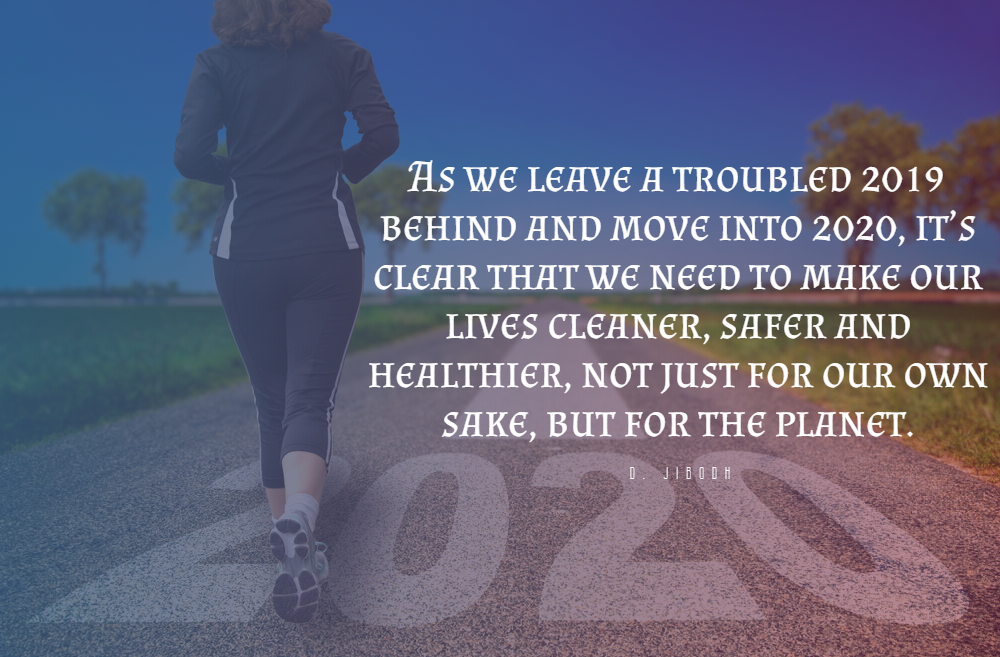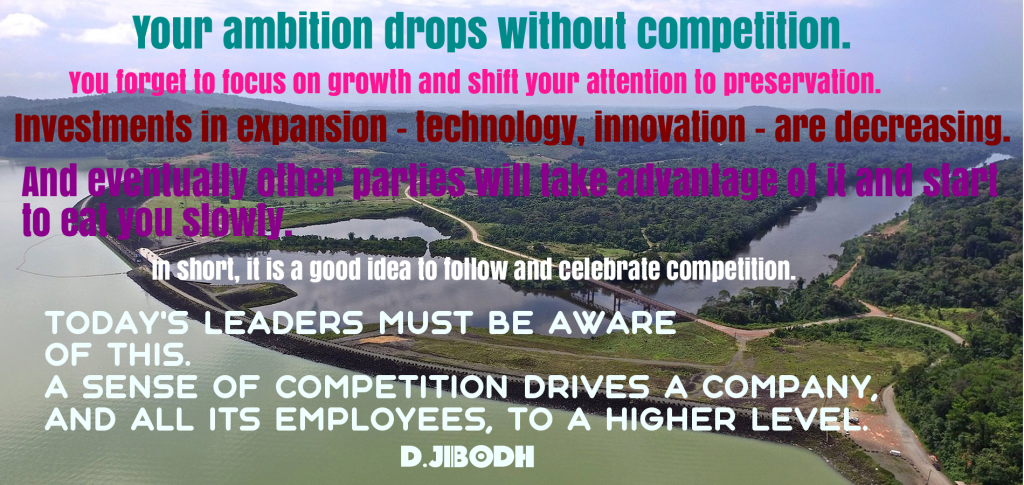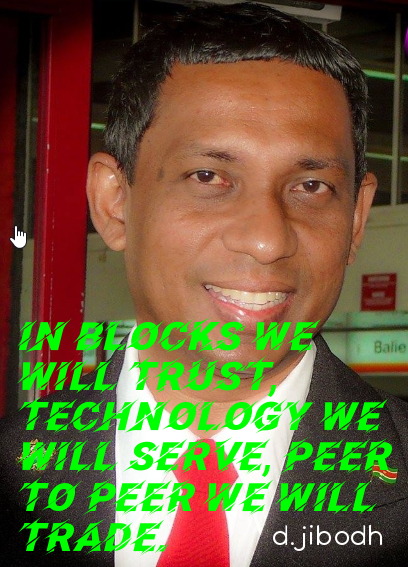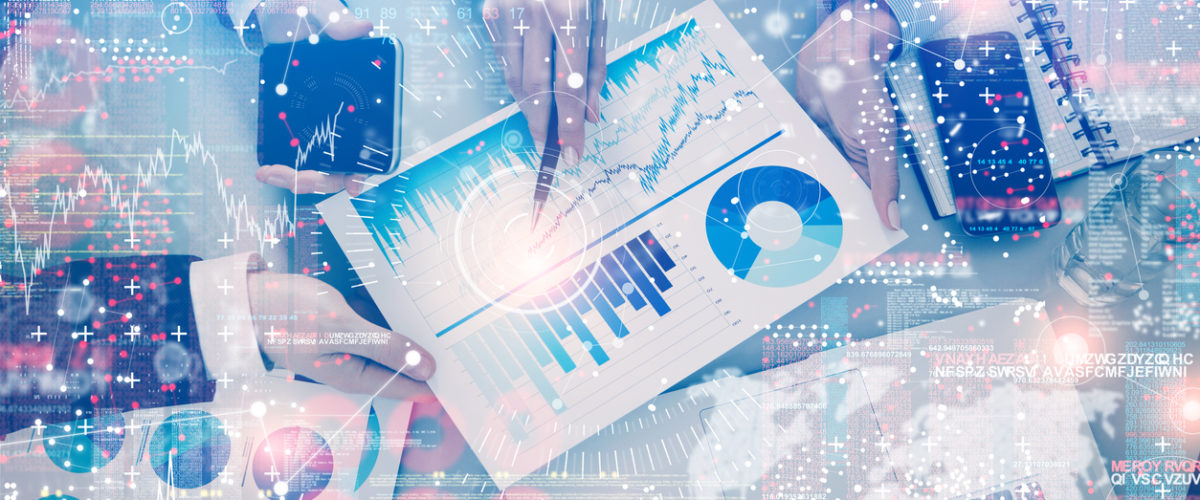
Colleagues who are always late, decisions taken from above: we all have to deal with circumstances at work that we seem to have no influence on. Please as a blogger allow me to explain how to handle this properly. You can do it your way as well.
There is a saying: Change what you cannot accept and accept what you cannot change . That all sounds great, but how do you do that now, accept something that you cannot change? If we could do this easily, we would have done it for a long time.
Management assistants in particular often feel very involved in their work. As a result, they have difficulty accepting circumstances beyond their control. Involvement is a personal value, but it can also be a core value, and therefore comes from within.
We also have a heart for the business. If, for example, we see that certain things are happening that are detrimental to the clients or the quality of our work and we have no influence on this, then it is difficult to accept this.
Involvement is therefore a beautiful characteristic, but it is precisely because of this characteristic that we have extra difficulty dealing with circumstances at work that we have no influence on.
Yet there is a way in which we can deal with such circumstances at work.
Focus on what is possible
Take a look at what is possible and therefore on which part of the circumstance we do have influence. On which part or parts of the problem, the situation or the circumstance do we have any influence? Whatever the circumstances are, there is almost always something that we do have influence on.
Let me give an example. Suppose there is a threat of dismissal for you. Whether or not we ultimately get fired, we have no influence on that. But what we do influence is the execution of our work. If we do that well, the chance is always slightly greater that we can stay than if we throw the cap at it. But also by requesting a meeting with our supervisor and indicating that we are prepared to follow courses or training, or that we are open to any other position. At the same time, we can look around for another job in the meantime.
By focusing on what we do influence, we opt for proactive action instead of reactive action. As a result, we no longer feel like a victim, because we take control and responsibility for what we do have influence on.
Start the conversation
But what about the behavior of, for example, a colleague? Suppose a colleague arrives late for work every morning. Whether this colleague arrives at work on time or not, we have no influence on that. However, what we can do is start a conversation about this. Then we can first state what the facts are, namely that we have noticed that he / she regularly comes late in the morning. We can then indicate that we are affected by this and ask how we can deal with this in the future.
By starting a conversation, we regain control and act proactively. If we really listen to this colleague, it may just be that we are told what the reason is for being late. Then we can talk about possible solutions, such as other working hours. If we then work this out together, this can be presented to our supervisor. By speaking out and entering into a conversation, we do have an influence on the behavior of others.
Decisions from above
But what if it concerns something definitive, such as a decision that has already been taken by higher authorities? Even then we can always enter into a conversation with the relevant people. In this case, therefore, with the management or the board. Then we can indicate that we think it is a shame that these decisions were taken from above, without being involved in this. That we also have ideas about this and that we think it is a shame that this has not been requested, and that these ideas could therefore not be included in the decision-making process.
That does not mean that something will actually be done with it, but we have at least given our opinion on this. We always have an influence on what we say and against whom. So also in this case we take control and act proactively by speaking.
Just think of the consequences if we don’t do this. Suppose we act and think reactively: the decision has already been made. What if we do not speak out against the right people? There is a good chance that we will then express our dissatisfaction with the wrong people. Because if we have something high, we still want to get rid of it. Then we can speak better to the right people, even though this is the top of the organization, for example.
Let go in mini steps
If we have done everything about the things that we can influence, how do we let go of the things that we really have no influence on?
By constantly looking at how we can let go of something 1 percent. By looking at what we need to be able to let go of this a little bit. A mini step. What we focus our attention on is growing. If we focus on how we can let go of something a little, it will become easier and easier for us.
Finally the following. It is not what we want to hear, but often we can learn from circumstances that are not going well. Just think of previous experiences in your life that you have not experienced as pleasant. You have probably learned a lot from this. As a result, we often know what we no longer want.
If every day or moment you are able to reflect in your very own surroundings you can learn a lot more.Not difficult right.








